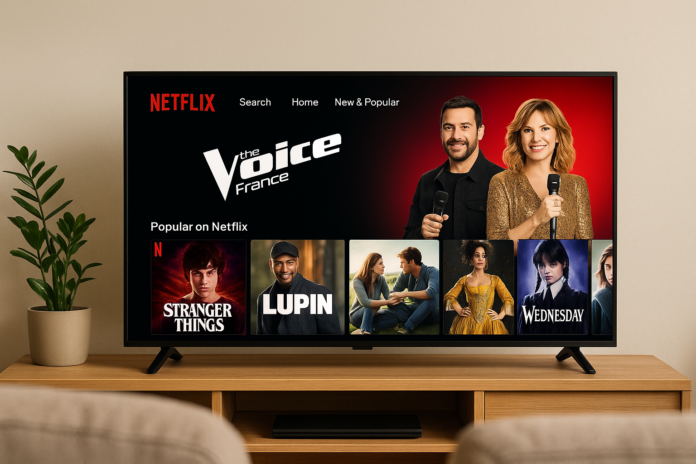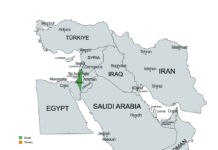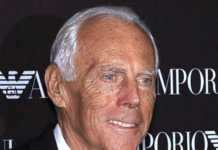
Netflix will soon expand its offerings in France through a new partnership with French broadcaster TF1 Group, allowing subscribers to stream TF1’s live channels and on-demand content directly within the Netflix platform. The agreement is set to launch in summer 2026 and will bring a wide range of French television content — including dramas, soaps, reality shows, and live sports — to Netflix subscribers at no additional cost.
This collaboration builds on previous co-productions between the two media companies and represents a broader shift toward content aggregation in response to changing viewer habits. French subscribers will be able to access TF1 series such as Broceliande and Erica, soaps like Demain nous appartient and Ici tout commence, and entertainment programs including The Voice and Koh Lanta. Live broadcasts of major sporting events will also be part of the offering.
For Netflix, the partnership enhances its appeal as a daily destination for entertainment, particularly as its subscriber base in France approaches saturation. Greg Peters, Netflix’s co-CEO, described the deal as “a first-of-its-kind partnership that plays to our strengths of giving audiences the best entertainment alongside the best discovery experience.”
Rodolphe Belmer, CEO of TF1 Group, also expressed enthusiasm, noting that the alliance will allow TF1’s premium content to reach wider audiences, including through the Netflix interface. He emphasized that as media consumption becomes more on-demand and fragmented, the collaboration gives TF1 a way to broaden its reach without abandoning its core free-to-air model.
The TF1+ service, already home to 35 million monthly users, will remain available independently, but its integration into Netflix will offer a new discovery pathway for French consumers. TF1’s programming joins an already expansive slate of French and global content on Netflix, including original titles such as Lupin, Nouvelle École, Stranger Things, and Wednesday.
The financial details of the deal have not been disclosed, including how subscription and advertising revenue will be shared. TF1, as a commercial broadcaster, typically relies on ad revenue, even for its digital offerings. It remains unclear how advertising will be handled within the Netflix platform under this new arrangement.
This move reflects broader trends in the streaming industry, where platforms increasingly seek partnerships with traditional broadcasters to consolidate content and retain subscribers. With TF1 content soon available without needing to switch services, Netflix may gain further daily engagement among French households.
The collaboration also opens the door for similar deals in other countries, particularly as Netflix explores new distribution strategies in a competitive media landscape. It comes as platforms and networks experiment with hybrid models combining free-to-air, subscription, and ad-supported content.
Whether this becomes a model for future global partnerships remains to be seen. For now, French Netflix subscribers can look forward to a broader entertainment experience in 2026 — one that merges international hits and domestic favorites under a single digital roof.
This image is the property of The New Dispatch LLC and is not licenseable for external use without explicit written permission.










